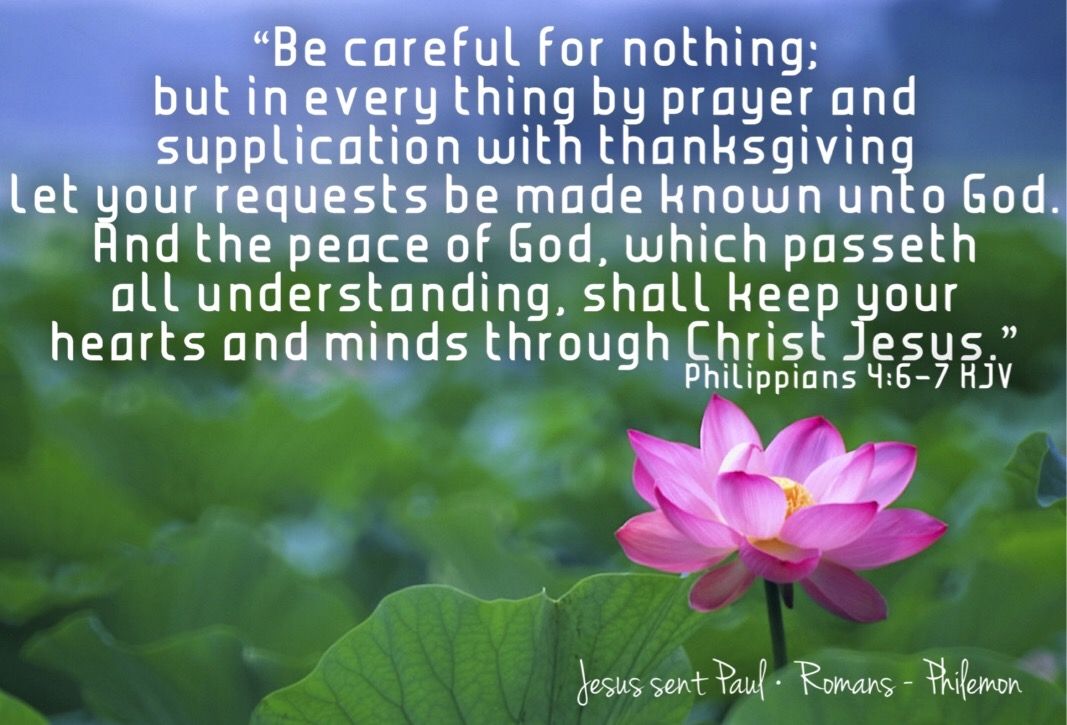THE SEED
Be careful for nothing; but in every thing by prayer and supplication with thanksgiving let your requests be made known unto God. Philippians 4:6
Breakthrough prayer causes a forceful, quick, and abrupt rupture of what is impeeding us, propelling us past that bound and into freedom. A breakthrough is when something that we need is brought from the spiritual to the physical realm, allowing us to perceive it in a clear, audible, or palpable illustration of God’s strength or provision. Over time, we have encountered a variety of obstacles that had been put in our way by prior transgressions, family issues, or false ideas. Sometimes the walls resulted from careless errors we have made, such as making unneeded pledges or vows, connecting our own circumstances to those of others, and so on. Other times, we were unintentionally building walls with our own unfavourable attitudes and comments. He instructs us to take our requests to God in everything through prayers, petitions, and thankfulness in the opening verse. He has therefore provided us with the three essentials for our success: prayer, supplication, and thankfulness. Every time you pray, he claimed, if you use these keys, your desire(s) will unquestionably be fulfilled. It’s time to abandon formulae and stop being intimidated by other people’s eloquence and style. Regardless of the context, setting, or method, God only hears sincere prayers from the heart.
PRAYER
O Lord, please hearken to my prayers, forgive my errors and break all obstacles in my life.
BIBLE READINGS: Philippians 4
AWON KOKORO AGBAYORI ADURA
IRUGBIN NAA
Ẹ mãṣe aniyan ohunkohun; ṣugbọn ninu ohun gbogbo nipa adura ati ẹbẹ pẹlu idupẹ, ẹ ma fi ibeere nyin han fun Ọlọrun. Filippi 4:6
Àdúrà àgbayori máa fi ipa gba nkan, tó máa ń yára kánkán, o ma n mi gbogbo ohun ti o n diwa lowo tó sì ń sún wa kọjá gbendeke lo si inu òmìnira. Ti a ba mu ohun ti a nilo wa lati inu emi wa si ojukoroju ni a n pe ni Àṣeyọrí, tí ń jẹ́ kí a ri ti o si di mimo nínú àkàwé tí ó ye kooro ninu agbára Ọlọrun tàbí ìpèsè rẹ̀. Lehin igba die, a do ju ko awon ipenija ni ona wa nipa asise ateyinwa, isele ninu idile tabi ero ti ko to. Nígbà mìran, àwọn isele maa waye nipa àwọn àṣìṣe atehinwa tí a ti ṣe, nigbamiran jíjẹ́ ẹ̀jẹ́ tàbí ẹ̀jẹ́ tí kò ye, síso isele awon miran pelu tiwa, àti bẹ́ẹ̀ bẹ́ẹ̀ lọ. Ni awọn akoko miiran, a n mo awọn odi lairotẹlẹ pẹlu awọn ihuwasi ati awọn asọye ti ko dara. Ó fún wa ní ìtọ́ni láti mú àwọn ìbéèrè wa lọ sọ́dọ̀ Ọlọ́run nínú ohun gbogbo nípasẹ̀ àdúrà, ẹ̀bẹ̀, àti ìdúpẹ́ nínú ẹsẹ bibeli ti a ka. Nítorí náà, ó ti pèsè àwọn ohun mẹ́ta pàtàkì fún àṣeyọrí wa: àdúrà, ẹ̀bẹ̀, àti ìdúpẹ́. Ni gbogbo igba ti o ba gbadura, o sọ pe, ti o ba lo awọn bọtini wọnyi, awọn erogba rẹ la o mu wa si imuse laisi iyemeji. O to akoko lati kọ awọn agbekalẹ silẹ ki o si dẹkun biberu awon ọrọ ati aṣa eniyan miiran. Ko ni fi se iru ọ̀rọ̀, agbekale, tàbí ọ̀nà èyíkéyìí, Adura otito ti o ti okan wa nikan ni Olorun n gbo.
ADURA
Oluwa, jowo gbo adura mi, dari asise mi ji mi, ki o si mu gbogbo idiwo ninu aye mi kuro. Amin.
BIBELI KIKA: Fílípì 4
